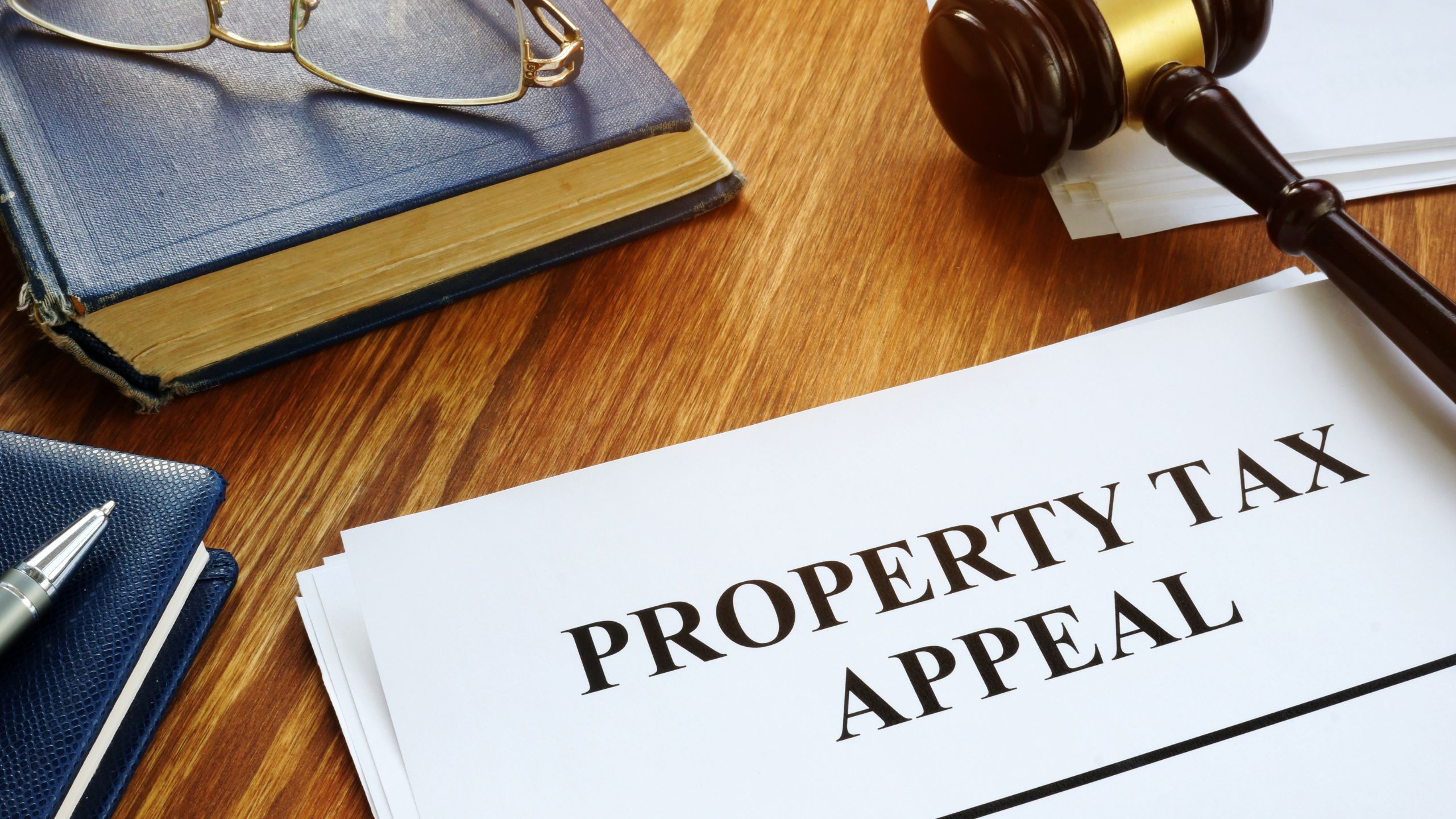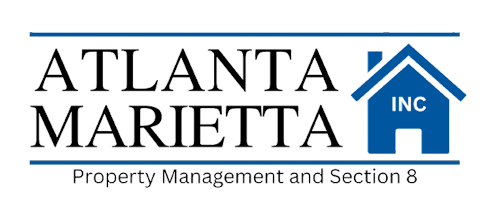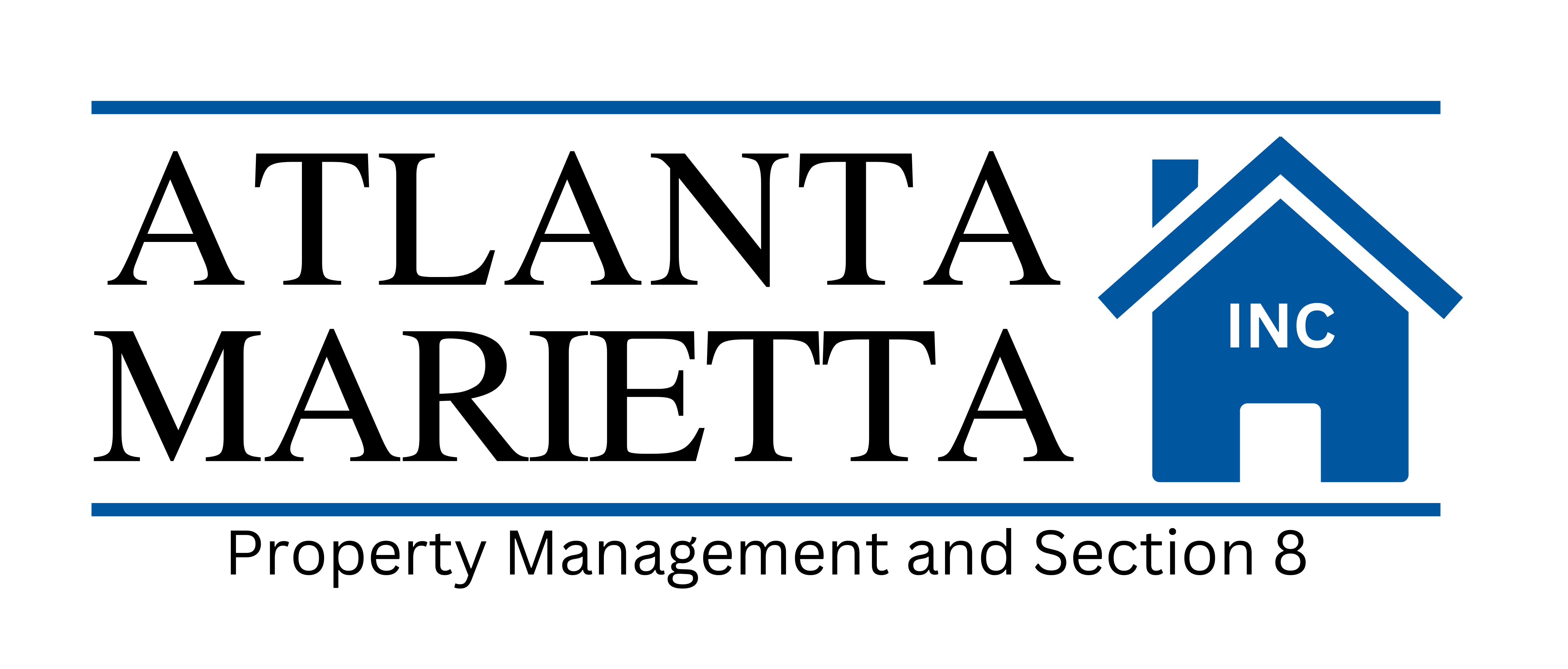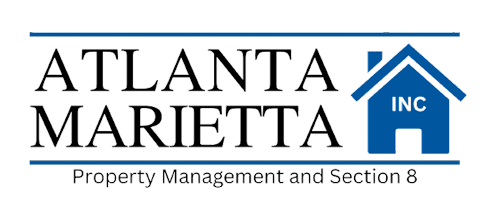
If you own investment properties in Atlanta or the surrounding metro area, you’ve probably opened your 2025 property tax assessment notice and felt the sting. Assessments are up again this year, and for many investors, rising property taxes combined with skyrocketing insurance premiums are eating into already thin profit margins.
For property owners — especially those who don’t live in these homes — the challenge is simple but severe: rents are not keeping pace with the double hit of higher taxes and insurance costs. Many investors are now facing a tipping point where rental income barely covers expenses.
Why Property Tax Bills Are Rising Across Metro Atlanta
Property taxes in Georgia are calculated based on several factors. Understanding these can help you make smarter decisions as an investor:
- Market Value – Counties reassess home values annually, typically using comparable recent sales. If your area is appreciating, expect your tax bill to reflect it.
- Assessment Ratio – In Georgia, properties are assessed at 40% of their fair market value. So, a property valued at $300,000 is taxed on $120,000.
- Millage Rates – Local governments, school districts, and cities set millage rates each year. Even if your home’s value stays the same, a millage rate hike can significantly raise your tax bill.
- Exemptions – Unlike owner-occupants, investors don’t qualify for homestead exemptions or tax caps. This means rental property owners absorb the full brunt of tax increases.
What’s Happening Across Metro Atlanta
- Fulton County – Officials initially proposed a 12.49% increase in millage rates but backed down after public backlash, keeping the rate at 8.87 mills. However, higher property reassessments still mean bigger tax bills.
- Douglas County – Proposed a 31% millage rate increase — potentially adding hundreds to annual tax bills, even on modestly priced homes.
- Sandy Springs & Other Cities – While some areas approved smaller increases, nearly every jurisdiction in metro Atlanta is seeing higher assessed values and larger tax burdens.
For investors managing multiple properties, these cumulative increases can add thousands of dollars in additional costs annually — without any corresponding rise in rent.
Why Investors Are Feeling the Squeeze
Unlike homeowners, rental property investors don’t receive protections like homestead exemptions or caps on annual increases. Combine rising property taxes with skyrocketing insurance premiums, maintenance costs, and compliance-related expenses, and the math becomes sobering:
- For many investors, rents barely cover property taxes and insurance, leaving little room for mortgage payments, repairs, or profit.
- This financial squeeze can discourage reinvestment in rental properties, making it harder to maintain them properly.
- In the long run, these trends threaten the affordability of rental housing across metro Atlanta.
How Investors Can Push Back
While you can’t control millage rates or insurance premiums, you do have options to protect your returns:
1. File an Appeal
Carefully review every property tax assessment. If your property’s value seems inflated, file an appeal by the county’s deadline. Even small reductions add up significantly, especially across multiple properties.
2. Contact Your Legislators
Local lawmakers need to hear from investors impacted by rising costs. Advocate for reforms like:
- Reasonable caps on annual increases
- Fairer treatment for non-owner-occupied properties
- Greater transparency around how property values are determined
3. Join Investor Advocacy Groups
Organizations like local real estate investor associations and property owner coalitions are stronger when property owners work together. Pooling voices can lead to meaningful legislative changes.
4. Support Property Tax Reform
Georgia voters approved a measure to cap annual property tax increases based on inflation. However, many local governments and school districts opted out. Investors need to push for stricter adherence to these caps to protect returns.
5. Reassess Your Portfolio Strategy
If tax increases are eroding profitability, consider:
- Adjusting rents where market conditions allow
- Exploring insurance bundling to offset premium spikes
- Identifying properties with unsustainable margins and reallocating investments strategically
Bottom Line for Atlanta Property Owners
Metro Atlanta’s rising property taxes and insurance costs are creating real challenges for investors. While local governments debate budgets and millage rates, you’re footing the bill.
Staying informed, filing timely appeals, and advocating for tax reform are the best ways to protect your investments and keep Atlanta’s rental market healthy.
At Atlanta Marietta Inc., we help property owners navigate rising costs by monitoring assessments, advising on appeal opportunities, and ensuring your properties stay profitable.
📞 Call us today at (404) 692-3543
📧 Email Kathy at mgmt@atlantamarietta.com












